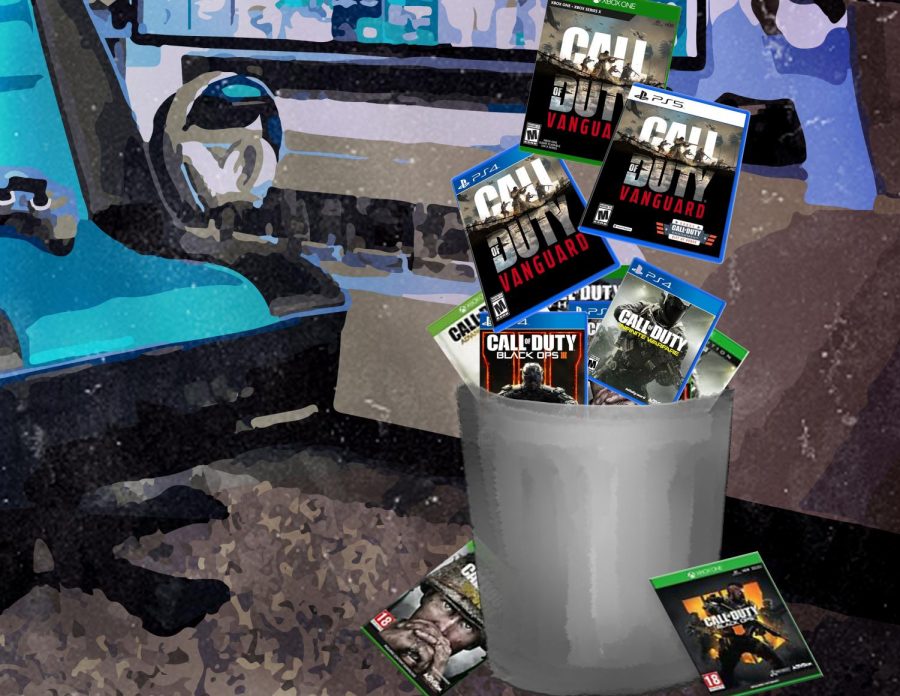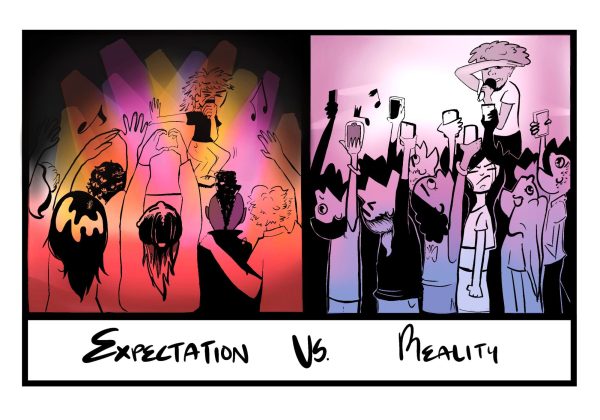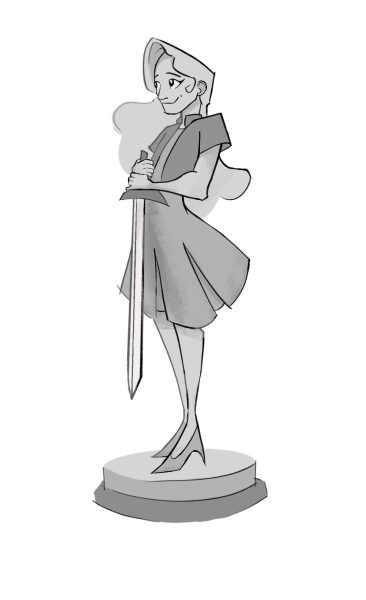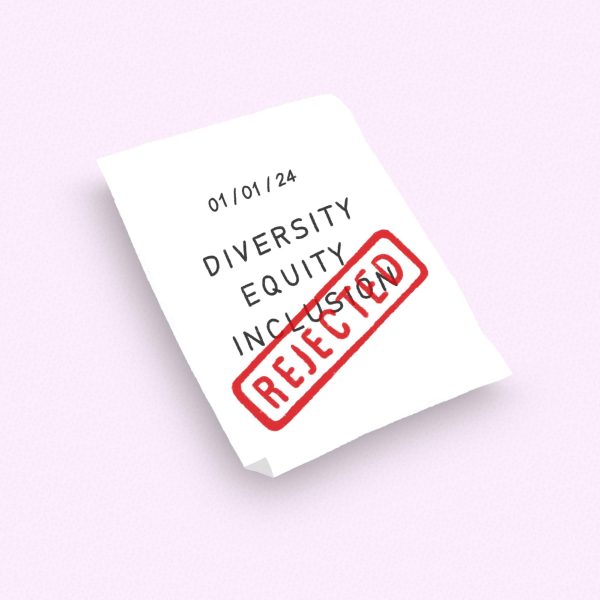“Call of Duty” franchise on decline
May 10, 2022
The growth rate of the gamer community continues to increase, but the rate of gamers’ love for “Call of Duty” is slowly dropping. The latest release, “Call Of Duty: Vanguard,” was described as gorgeous in a Washington Post review. However, Mikhail Klimentov, the writer, said, “And yet, while playing ‘Vanguard,’ all I could think was that I’d rather be playing ‘Halo Infinite’ or ‘Battlefield 2042’ instead.”
Like past games in the series, “Vanguard” is a first-person shooter with a military combat and government focus. This new game allows players to participate in typical modes: single player, campaign, multiplayer and zombies, which allows players to kill zombie versions of characters.
The improved graphics, guns, skins, campaign, character movement, collectibles gamers achieve as they play, and other single-player motives work well in the game. The misstep is with the multiplayer function of the game. It is like drinking trash can juice.
Confession: I loved “Call of Duty” growing up. I know many of my fellow gamers can agree and describe countless memories of playing past releases from “Call of Duty Black Ops,” “Modern Warfare” or even that transit zombie mode in “Black Ops II.” Those were the versions gamers could play until sunrise, but they haven’t made a good game since 2019’s “Modern Warfare” on PlayStation4.
The creators are not just regurgitating similar plots, campaigns and ideas. We are now living in a time where creators are reusing old play mechanics and features created years ago but calling it something new.
And for some odd reason they continue to make a profit.
First of all, “Vanguard” was not finished when it was first released. The game would crash less than an hour into gameplay. When the game crashes, progress points earned are lost and cannot be retrieved.
Other changes in this latest release create additional frustrations. Take the gun skins. Players can choose the color of the gun they want. The way gun skins are set up now, players must work harder just to turn players’ guns gold.
But there are those exploiting these glitches. There are so many hackers in the game, it really does not matter if you grind hard or play the game consistently. According to media company GINX Esports TV, relatively unknown players are gaining advantages and winning tournaments easily by hacking the game.
With each season, new levels earn players new rewards within the game. Different types of weapons such as the epic, legendary or rare items are available, but without constant play, a gamer cannot add them to their arsenal. Without these special items, a player cannot be as good, which is corny. What average person who loves video games wants to sit on the game all day for rewards that were easier to obtain and achieve on past “Call of Duty” versions? Not me.
Klimentov said in his review, “‘Vanguard’ is bloated with its mess of pop-ups, icons and menus, it reminded me of Facebook, thirstily serving up an avalanche of meaningless notifications.”
If you were a “Call of Duty” fan back during the Xbox 360 days, what made the game so fun? Simplicity. Players in the former versions had the same guns. It was really all about the players’ skills.
Gamers today lack skill. A gamer may have pre-ordered the latest version which includes a better gun not available to others. Without the special gun, the player is trash.
“Call of Duty” designers failed to realize they should not fix something that is not broken. For example, “Call of Duty: Infinite Warfare,” introduced flying suits and several types of operators. The new introduction was so bad it received 3 million dislikes before the dislike button was disabled. Do you know how trash a game must be to receive 3 million dislikes on the trailer? And when the game went live, it was horrible.
For “Call of Duty” to regain the interest of fans and gamers, they should listen to the community and gamers who are good at the game – not just popular video creators and influencers on social media. When a content creator talks about what they want and not what the community wants, it leads to frustration, a waste of money and the absence of fun in a game that is supposed to be fun. No one wants to go through glitches and lack of actual work on a video game.












